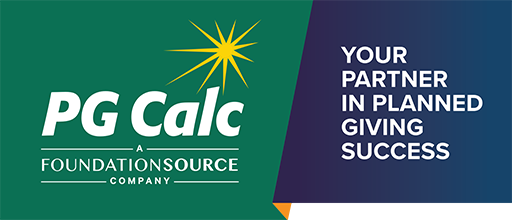In the philanthropic sector, your most valuable assets are time, expertise, and human connection. Yet the administrative lift - drafting communications, managing timelines, coordinating stakeholders, and keeping complex projects moving - can pull you away from the work that truly matters. This session offers a practical, real-world look at how AI can become a reliable partner in your daily workflow, helping you overcome “blank page syndrome” and accelerate project timelines across the board.
We’ll focus on practical, everyday use - how AI can take on the drafting, organizing, and structuring work that often slows you down, allowing you to stay centered on strategy, judgment, and relationship‑building - the parts of the job only humans can do. Whether you’re brand new to AI or already experimenting, you’ll leave with a clear game plan to supercharge your workday while keeping the human touch front and center. And as a bonus, many of the skills you learn here can easily spill over into your personal life, helping you streamline everything from household planning to creative projects.
In the philanthropic sector, your most valuable assets are time, expertise, and human connection. Yet the administrative lift - drafting communications, managing timelines, coordinating stakeholders, and keeping complex projects moving - can pull you away from the work that truly matters. This session offers a practical, real-world look at how AI can become a reliable partner in your daily workflow, helping you overcome “blank page syndrome” and accelerate project timelines across the board.
We’ll focus on practical, everyday use - how AI can take on the drafting, organizing, and structuring work that often slows you down, allowing you to stay centered on strategy, judgment, and relationship‑building - the parts of the job only humans can do. Whether you’re brand new to AI or already experimenting, you’ll leave with a clear game plan to supercharge your workday while keeping the human touch front and center. And as a bonus, many of the skills you learn here can easily spill over into your personal life, helping you streamline everything from household planning to creative projects.





